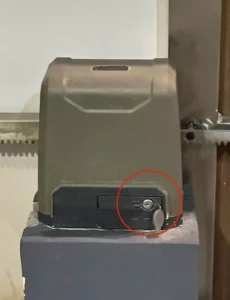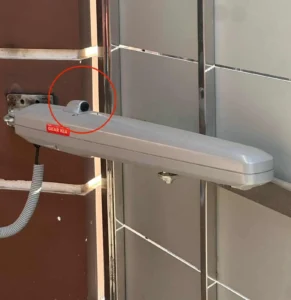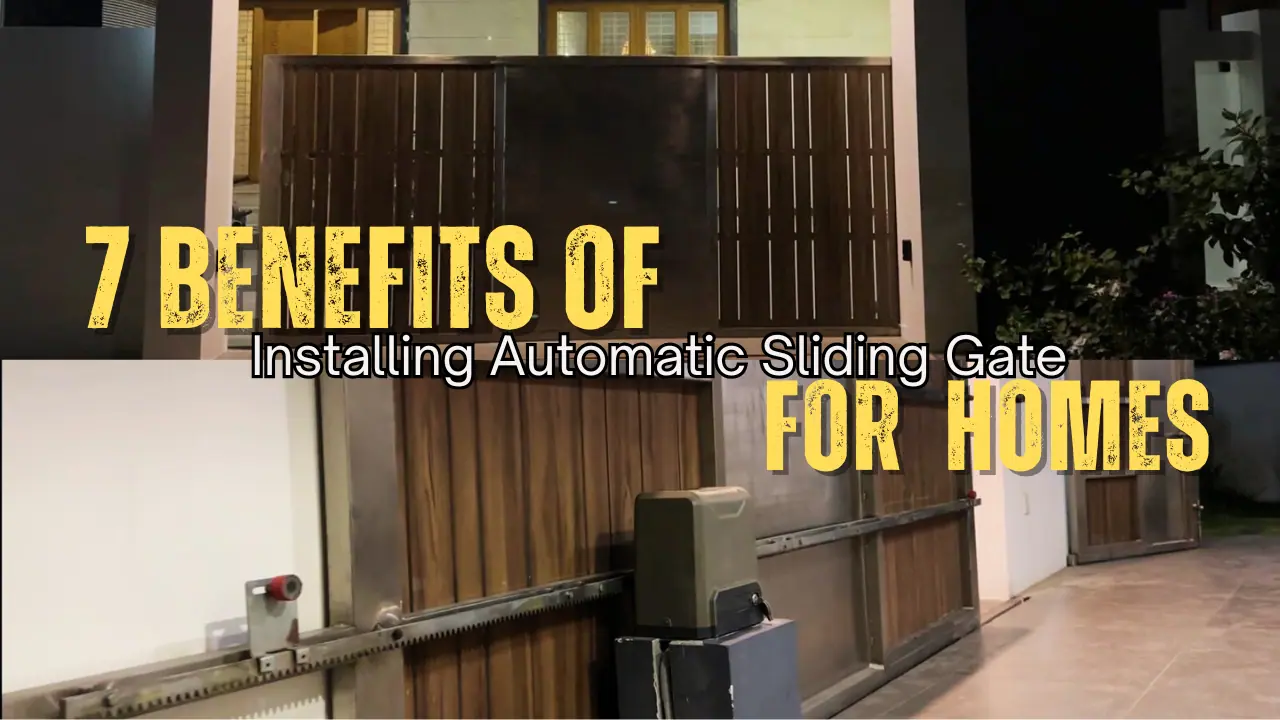- Introduction
- Understanding Automatic Gates
- Common Reasons for Power Outages in Automatic Gates
- Preparing for Power Outages
- Manual Release Mechanism: How It Works?
- Using a Backup Battery to Open the Gate
- Alternative Power Sources
- Safety Tips When Opening Gates Manually
- Preventive Measures to Avoid Power-Related Gate Issues
- When to Call a Professional
- Conclusion
- FAQs
Introduction
Automatic gates provide convenience and security, but they can become a challenge during a power outage. When the power goes out, these gates may fail to open or close properly, leaving you stuck outside or inside your property. Knowing how to open your automatic gate without power in such situations can save you time and prevent unnecessary frustration.
Understanding Automatic Gates
Types of Automatic Gates
Automatic gates come in various types, including sliding gates, swing gates, and gates. Each type operates differently, with specific components designed for movement and control. Understanding the type of gate you have will help you locate the manual release mechanism when needed.
Basic Components of Automatic Gate Systems
Common components of an automatic gate include the gate motor, control panel, remote transmitter, safety sensors, and manual release mechanism. These elements work together to automate the opening and closing process, with the manual release acting as a fallback option during power outages.
Common Reasons for Power Outages in Automatic Gates
Electrical Failures
Issues such as tripped circuit breakers, damaged wiring, or faulty gate motors can cause power failures.
Weather Conditions
Storms, lightning, or strong winds can disrupt the power supply or damage gate components.
Power Supply Issues
Sometimes, general power grid problems can result in a loss of power to your gate system, rendering it inoperable.
Preparing for Power Outages
Installing Backup Systems
Consider installing a backup battery or solar-powered system to keep your gate functioning during power failures. These systems can provide temporary power, allowing you to operate the gate without relying on the main power grid.
Keeping Gate Manuals Handy
Every gate model comes with a user manual that outlines the steps to manually release the gate. Keeping these manuals in an accessible location can be a lifesaver during emergencies.
Regular Maintenance for Reliable Operation
Scheduled maintenance checks can help ensure that all components are in working order and reduce the risk of gate malfunctions.
Manual Release Mechanism: How It Works?
What Is a Manual Release Mechanism?
The manual release is a safety feature that allows you to disengage the motor and operate the gate manually. It is typically located near the motor or control panel.
Location of the Manual Release on Different Types of Gate Openers
Swing Roller Gates: Often positioned at the sides of the motor.
Sliding Gates: Usually found on the motor housing, often secured with a key.
Swing Gates: Typically located on the gate arm.
Steps to Manually Open a Sliding Gate
Find the Release Mechanism: Locate the manual release lever or keyhole, which is usually on the motor housing.
Unlock the Gate: Use the key to disengage the motor by turning the manual release.
Slide the Gate Open: Gently push the gate along its track to open it fully.

Steps to Manually Open a Swing Gate
Locate the Manual Release Lever: This is often near the control arm or motor.
Release the Lock: Turn the manual release to disengage the locking mechanism.
Manually Swing the Gate Open: Push the gate open to the desired position.

Manual Override for Swing Roller Gates
Identify the Manual Release Point: The release is typically in the sides of the motor.
Steps to Unlock : Follow the instructions in the manual to disengage the lock, then manually roll open the gate.
Using a Backup Battery to Open the Gate
How to Check If Your Gate Has a Backup Battery
Inspect the control panel or manual to confirm whether a backup battery is installed.
Steps to Activate the Backup Battery System
Switch the gate to battery mode by flipping the designated switch in the control panel.
Alternative Power Sources
UPS Connection
Using a UPS power solution can help you operate the gate.
Solar Panels for Automatic Gates
Solar panels can provide a continuous power source for your gate, even during grid failures.
Safety Tips When Opening Gates Manually
Ensure the Gate Is Secured in Place: Prevent the gate from moving unexpectedly.
Avoid Gate Pinch Points: Keep hands clear of moving parts.
Wear Protective Gear: Use gloves and sturdy footwear for safety.
Preventive Measures to Avoid Power-Related Gate Issues
Regular Battery Checks
Keep backup batteries charged and in good condition.
Installing Surge Protectors
Surge protectors can help prevent electrical damage during storms.
Scheduled Gate Maintenance
Regularly inspect gate components for wear and tear.
When to Call a Professional
Situations Where Manual Opening Fails
If the manual release mechanism is broken, it’s best to seek professional help.
Persistent Gate Malfunctions
Continual issues may indicate deeper mechanical or electrical problems.
Conclusion
Automatic gates offer convenience, but power outages can create problems. Knowing how to manually operate your gate and having backup systems in place can help you navigate emergencies smoothly. With proper preparation and regular maintenance, you can ensure your gate remains reliable.
FAQs
- Can I open my automatic gate manually if I don’t have a key? It depends on the gate model. Some gates have alternative release mechanisms, but most require a key.
- How do I know if my automatic gate has a manual release function? Check your gate’s manual or inspect the motor housing for a labeled manual release mechanism.
- What should I do if my gate’s manual release doesn’t work? Contact a professional gate technician to repair or replace the faulty components.
- Is it possible to install a backup power system for an existing gate? Yes, many existing gate systems can be retrofitted with battery or solar backups.
- How often should I perform maintenance on my automatic gate opener? It’s recommended to conduct maintenance every 2-3 months.


